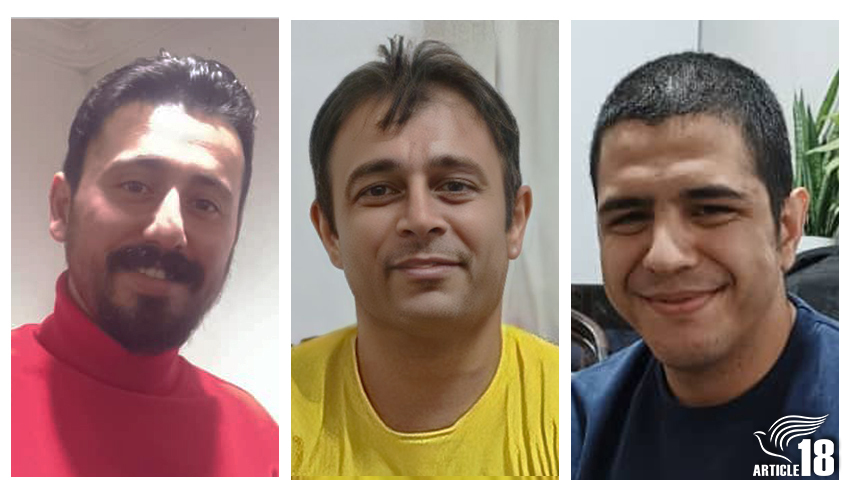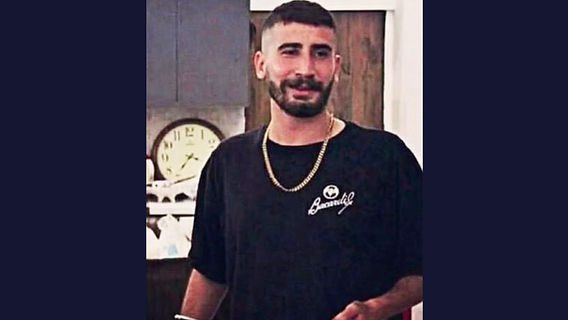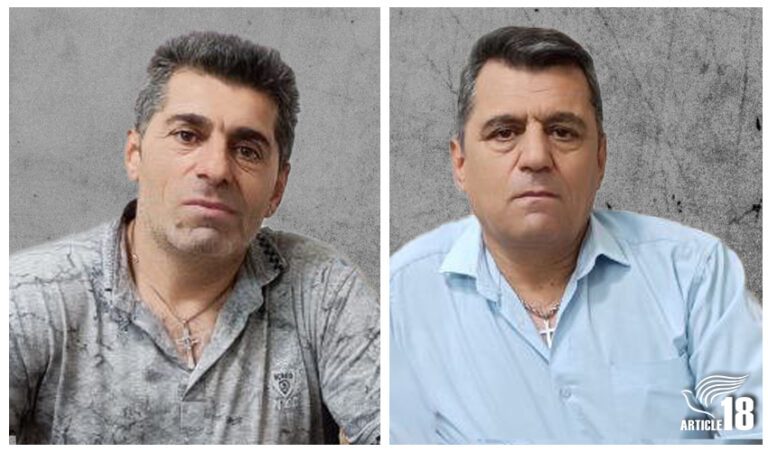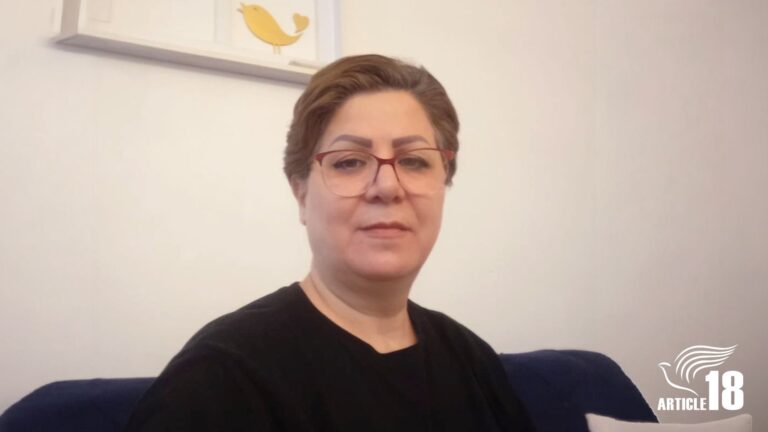
Three “Church of Iran” members serving prison sentences for “spreading deviant beliefs contrary to Islam” were given short breaks from prison over the Christmas period.
Ahmad Sarparast, Morteza Mashoodkari, and Ayoob Poor-Rezazadeh were sentenced last April to five years in prison, under the controversially amended Article 500 of Iran’s penal code.
They were arrested a month later and have been detained ever since.
They faced a second trial on identical charges in November, but were this time cleared of the charge. A week later, the initial sentence of one of the men, Morteza, was surprisingly reduced by half.
Morteza was then the first to be given a break from prison: Lakan Prison in their home city of Rasht, in north Iran.
Morteza was sent on 10 days’ leave on 28 November, after posting bail of 300 million tomans ($7,500).
This leave was later extended, but Morteza, who will celebrate his 40th birthday next month, returned to prison on Monday.
Ahmad, who will also celebrate a birthday next month – he will be 26 – was the next to be given 10 days’ leave, on 19 December, after posting bail of 400 million tomans ($10,000).
Finally, on Christmas Eve, Ayoob, who is 31 and newly married, was given a week’s furlough on bail of 300 million tomans and able to return home to spend Christmas with his wife.
Both Ahmad and Ayoob’s furloughs were also subsequently extended, but they must both return to prison next week.
It is not clear why the three men were granted leave – they had applied for it, but had not served sufficient proportions of their sentences to become automatically eligible – nor is it clear why one of the men had to pay more for bail than the others, or indeed why only one of them received the “partial pardon”.
Imprisoned Christians are sometimes permitted breaks from prison at Christmas, but this does not usually apply to converts, who are not recognised as Christians, and in Morteza’s case his initial furlough was due to expire ahead of Christmas anyway.
Prisoners are eligible to apply for furloughs after serving one-third of their sentences, but none of the three men had yet served this amount.
Therefore, as with so much else in the Iranian judicial system, the decision to grant the men’s requests for furlough – and their subsequent extensions – would appear to be, while very welcome, also entirely random.



0 Comments